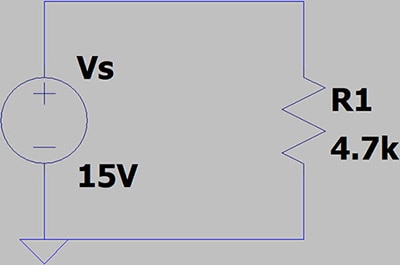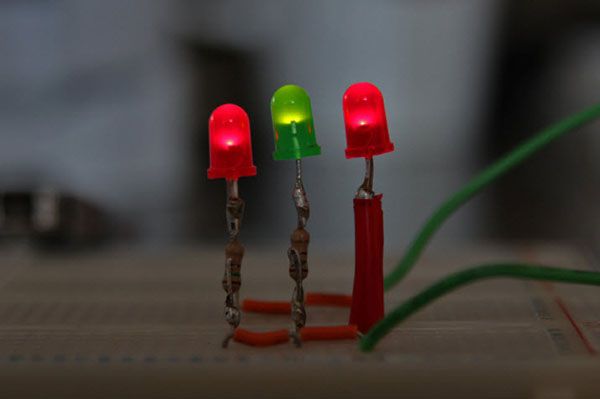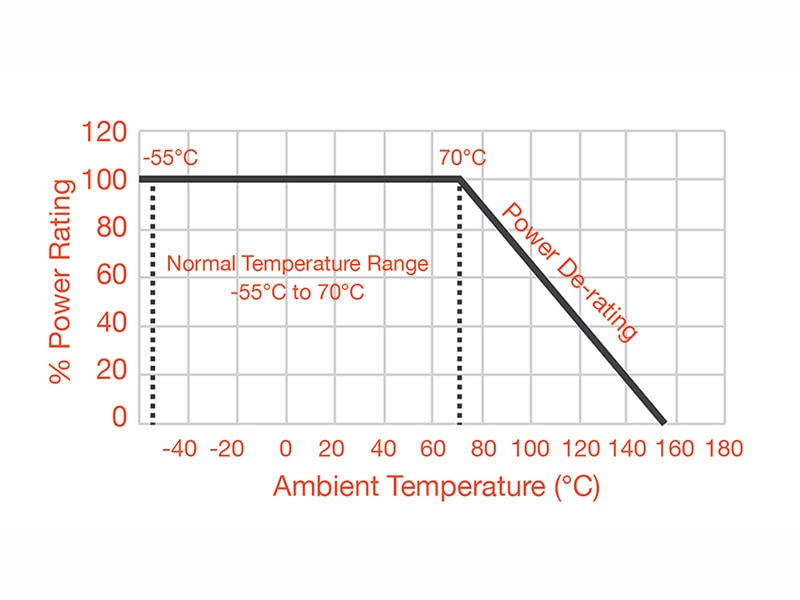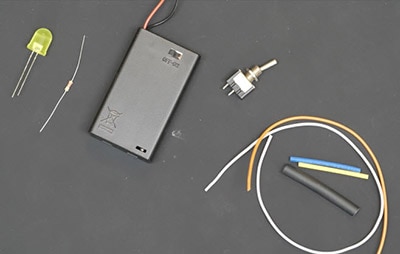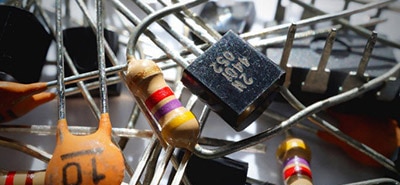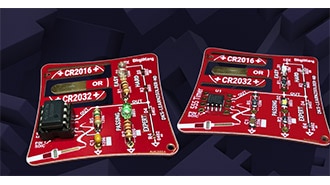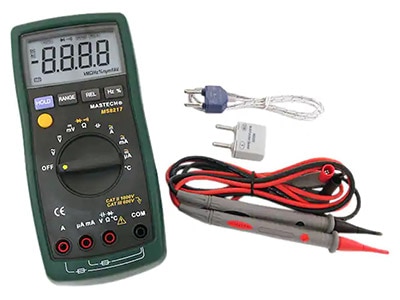What is a Resistor?
2025-07-07 | By Nadir James
The Colorful Code on Your Circuit Board
Have you ever noticed a small component with two terminals and colorful stripes on a circuit board? That’s a resistor — a key element in managing how electricity flows through an electronic device.
What is a Resistor?
A resistor is a passive electronic component designed to limit or regulate the flow of electrical current in a circuit. Resistors play a critical role in functions like dividing voltage, controlling signal gain, managing timing, and protecting components from power surges.
These components come in a wide range of resistance values and tolerances, which are indicated by the colored bands painted on their bodies. Most resistors have either four or five bands, each representing specific numerical values based on a standardized color code.
How to Read a Resistor's Value?
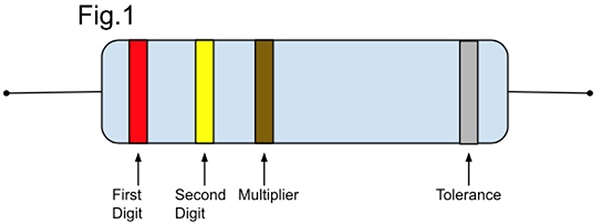

Example:
- First band (Red) = 2
- Second band (Yellow) = 4
- Multiplier (Orange) = ×10
- Tolerance (Silver) = ±10%
This gives us a resistance of 240 ohms (Ω) with a 10% tolerance.
Working With Ohm’s Law:
What is Ohm’s Law? Ohm’s Law describes the relationship between voltage (V), current (I), and resistance (R). The formula is:
Equation: V = I × R
- V = Voltage (Volts)
- I = Current (Amperes)
- R = Resistance (Ohms)
Example:
If a circuit has a resistance of 9Ω and a current of 18A, then: V = 18A × 9Ω = 162V
Different Types of Resistors:
Resistors are generally categorized into linear and non-linear types:
- Linear Resistors: Maintain a consistent resistance regardless of voltage.
- Non-Linear Resistors: Resistance changes with voltage or temperature.
Common Types:
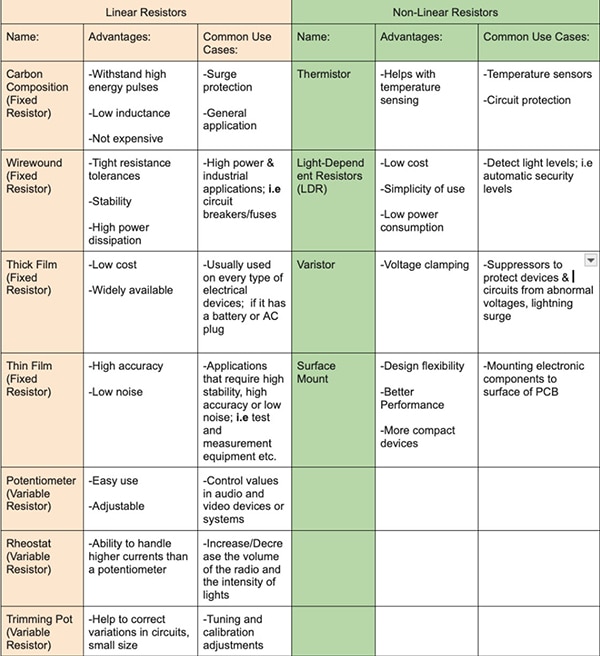
Conclusion:
Resistors may be small, but they’re essential for building safe and functional electronic circuits. Whether managing voltage spikes, controlling current, or allowing precise calibration, resistors are foundational components in nearly every electronic device. Mastering their function and identification is a valuable skill for anyone working with electronics.








